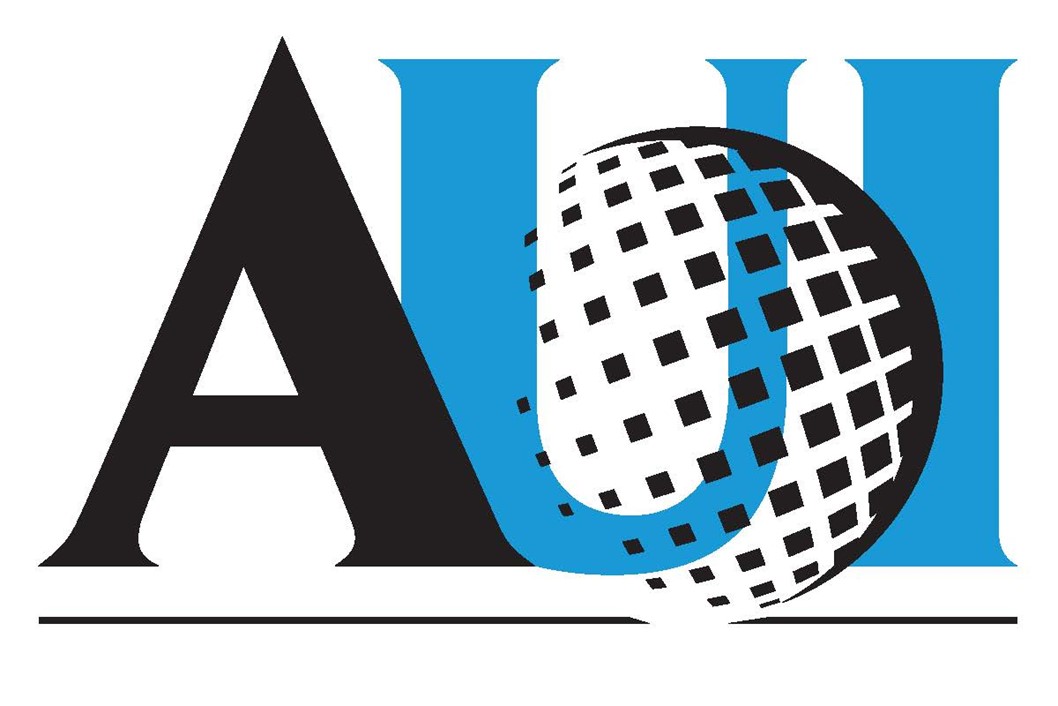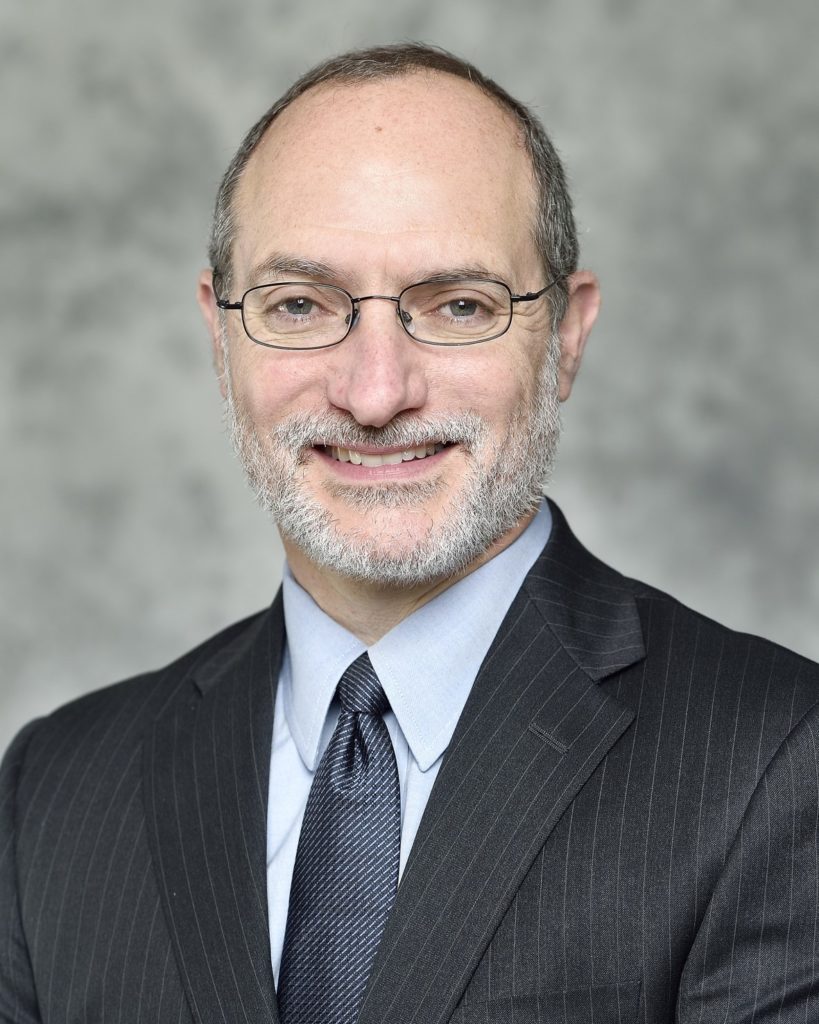An international team of astronomers using the Atacama Large Millimeter/submillimeter Array (ALMA) have sharpened our view of the turbulent region surrounding the supermassive black hole at the core of our galaxy by a factor of 100, discovering a surprising new filamentary structure in this mysterious region of space.
Recent News
AUI Launches New Podcast
“Beyond the Breakthrough” a new podcast from AUI, takes listeners behind the scenes of big science discoveries and developments. The first episode will launch on March 26.
Hidden Cosmic Fuel Tank Found in Infant Galaxy Cluster
Astronomers using the Atacama Large Millimeter/submillimeter Array (ALMA), along with complementary data from the Atacama Pathfinder Experiment (APEX), have discovered a surprisingly large reservoir of molecular gas in a protocluster of galaxies known as SPT2349-56.
AUI Names New President
Dr. Adam Cohen to be President – Associated Universities, Inc.
Associated Universities Inc. (AUI) is pleased to announce the selection of Dr. Adam Cohen as the new President of AUI, effective 1 November 2017. Dr. Cohen’s appointment is the culmination of an extensive search conducted by the AUI Board of Trustees. He will succeed Dr. Ethan Schreier, who has served as AUI President since 2004. Boston University Professor Roscoe Giles, Chair of the AUI Board of Trustees, noted that “Dr. Cohen has more than 30 years of experience in the management of research and development, strategic planning, and research facility operations, and we are fortunate to have attracted such a distinguished individual.”
Dr. Cohen is currently a Senior Associate with the Center for Strategic and International Studies Energy and National Security Program and finishing up his term at Princeton University. Until May 2017, he served as the Deputy Under Secretary for Science and Energy at the U.S. Department of Energy (DOE), overseeing basic science, applied energy research, technology development, and deployment efforts, including the stewardship of 13 of the 17 DOE National Laboratories. His experience also includes nearly seven years as Deputy Director for Operations at the Princeton Plasma Physics Lab, and 18 years at Argonne National Laboratory, where he held several positions including Deputy Associate Director for Energy Sciences and Engineering, and Deputy Director/Chief Operations Officer. He has served as head of the U.S. Delegation on the ITER Council, on the New Jersey Department of Environmental Protections’ Oyster Creek Oversight Panel, and on the DOE Laboratory Operations Board. Dr. Cohen earned his bachelor’s degree in engineering from Columbia University, his M.B.A. from the University of Chicago, and his Ph.D. in materials science from Northwestern University.
“AUI is a strong organization with a rich history in running large scale facilities that support collaborative science,” Dr. Cohen said. “I am very grateful for the job that Dr. Schreier has done in leading AUI to this point and to Dr. Giles and the Board for giving me this opportunity. I am a passionate supporter of pursuing big science on the international stage; I am very excited about AUI’s current portfolio and believe that AUI is poised to pursue additional, interesting opportunities.”
Dr. Cohen will lead AUI as it enters its next decade of oversight of the state-of-the-art U.S. research facilities for radio astronomy funded by the National Science Foundation: the National Radio Astronomy Observatory, the Green Bank Observatory, and the Long Baseline Observatory. He will also focus on identifying and pursuing substantial new opportunities to apply AUI experience in large-scale facility management that will further benefit the international research community. Ethan Schreier, who will turn over the reins of AUI to Dr. Cohen after 13 years as President, observed that “AUI has a long and distinguished history of successful research center management, including the recent completion of the U.S. portion of the 1.3 billion dollar Atacama Large Millimeter/submillimeter Array, the world’s forefront millimeter-wave observatory. Adam will undoubtedly continue this record of success while also expanding the AUI research management portfolio. I am confident that AUI has a bright future under its new President.”
Recent News
Astronomers Discover ‘Space Tornadoes’ Around the Milky Way’s Core
An international team of astronomers using the Atacama Large Millimeter/submillimeter Array (ALMA) have sharpened our view of the turbulent region surrounding the supermassive black hole at the core of our galaxy by a factor of 100, discovering a surprising new filamentary structure in this mysterious region of space.
AUI Launches New Podcast
“Beyond the Breakthrough” a new podcast from AUI, takes listeners behind the scenes of big science discoveries and developments. The first episode will launch on March 26.
Hidden Cosmic Fuel Tank Found in Infant Galaxy Cluster
Astronomers using the Atacama Large Millimeter/submillimeter Array (ALMA), along with complementary data from the Atacama Pathfinder Experiment (APEX), have discovered a surprisingly large reservoir of molecular gas in a protocluster of galaxies known as SPT2349-56.

